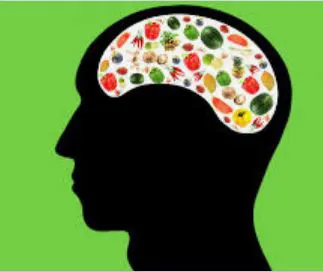A group of scientists may have discovered one reason why it’s easier for some people to stop eating when they’re full and more difficult for others. They say this may be caused by our sense of smell and neural reward systems versus negative feelings such as pain as well as the brain connection between the areas controlling those feelings.
The study from researchers at Northwestern Medicine in Illinois states their theory is based on a newly discovered structural connection between two brain regions that appear involved in regulating feeding behavior. The researchers used neurological imaging from a large multi-center National Institutes of Health (NIH) projectTrusted Source designed to map the human brain called the Human Connectome Project. The regions of the brain the study examined have been associated with sense of smell and behavior motivation. The researchers found that weaker connections between these two sensory regions, the higher a person’s body mass index (BMI), the researchers said. Connection between brain regions affects how much we eat.The areas under study connects the olfactory tubercle – part of the brain’s reward system associated with smell – and a midbrain region called the periaqueductal gray (PAG), which is involved in motivated behavior responding to negative feelings such as threat, pain and, potentially, eating suppression. Research has shown the smell of food is appealing when a person is hungry, but the odor becomes less attractive when that person eats the food until they’re full.
The most recent study, published in the Journal of Neuroscience, reported that odors are important to guiding motivated behaviors such as eating and— in turn — olfactory perception is modulated by how hungry we are. However, researchers haven’t fully evaluated the neural underpinnings of how the sense of smell contributes to how much we eat. “The desire to eat is related to how appealing the smell of food is — food smells better when you are hungry than when you are full,” said Guangyu Zhou, a corresponding study author and a research assistant professor of neurology at Northwestern University Feinberg School of Medicine, in a statement. “But if the brain circuits that help guide this behavior are disrupted, these signals may get confused.










